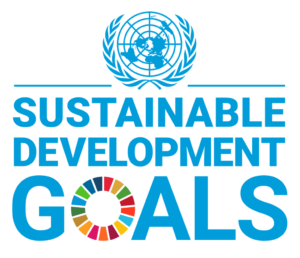The word “zakat” means “to purify”; it is the third pillar of Islam which is an obligation upon all Muslims. Zakat is essentially an act of worship for Muslims to purify their wealth, cleanse their souls and benefit themselves as well as others.
Fidyah is a fine imposed towards a person for certain reasons or deliberately delaying the qada’ for Ramadhan, by feeding the poor with a measure of a basic food for every day that a person missed his obligation to fast during Ramadhan.

Zakat / Fidyah
ZAKAT
The word “zakat” means “to purify”; it is the third pillar of Islam which is an obligation upon all Muslims. Zakat is essentially an act of worship for Muslims to purify their wealth, cleanse their souls and benefit themselves as well as others.
WHO SHOULD PAY ZAKAT?
Every sane Muslims adult who possesses equal to or more wealth than the nisab for one year.
BENEFITS TO OTHERS :
Zakat helps to fulfil to the needs of the poor and needy of the Muslim community.
Zakat as a bridge that will link up between the unfortunate and the rich in a society.
Zakat enables Muslim communities to generate sustainable livelihood and will inevitably strengthen the economy of the ummah as a whole.
Zakat purifies the wealth, increases the blessings and multiply the rewards.
Fidyah
Fidyah is a fine imposed towards a person for certain reasons or deliberately delaying the qada’ for Ramadhan, by feeding the poor with a measure of a basic food for every day that a person missed his obligation to fast during Ramadhan.
FIDYAH RATE
The rate of fidyah paid is one Mudd (a quart) of a particular state’s basic food for each day a person missed his obligation to fast, according to scholars. It can also be paid in accordance with the valuation price of rice as defined Majlis Agama Islam Negeri (MAIN).
In Malaysia, the size of the measure used is equivalent to 675 grams. Rates are subject to a rate set by Majlis Agama Islam Negeri (MAIN). It varies according to the weight of rice at an estimated price of the respective state.




